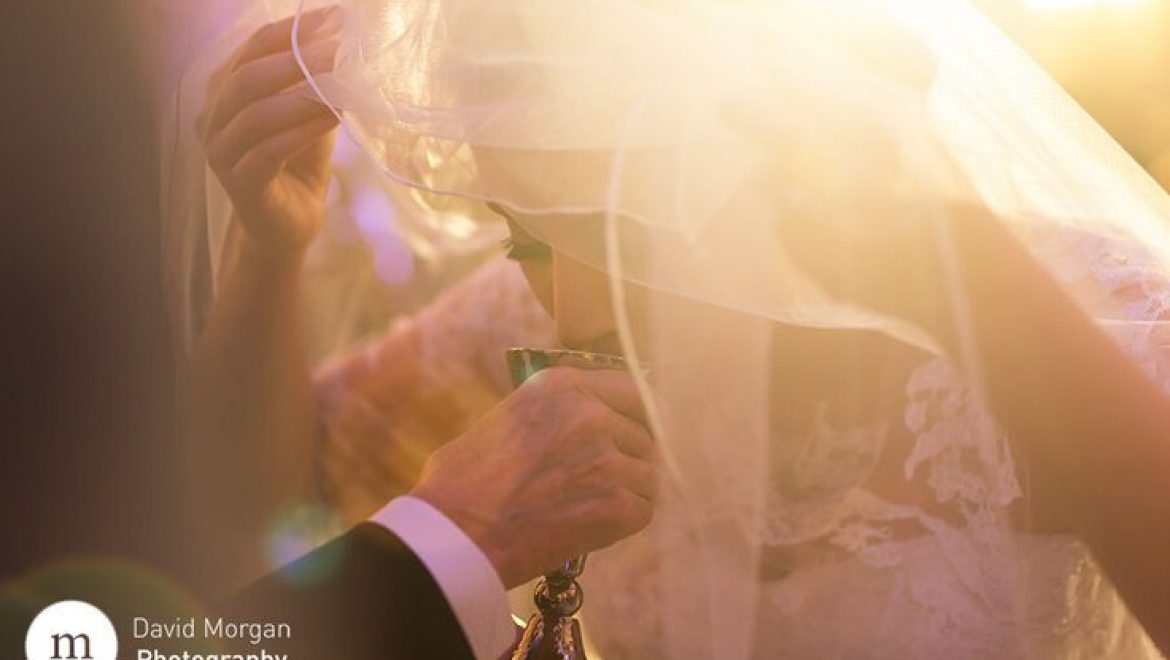
This excerpt, from an article by Rabbi Maurice Lamm, explains the integral place of wine in Sabbath, festival, and wedding rituals, as a celebratory and symbolic marker between the mundane and the sacred. The significance of wine within Jewish ritual is a shared practice among Jews of all traditions.
Though Rabbi Lamm focuses specifically on the role of wine in wedding and Shabbat rituals, wine is used to sanctify and celebrate many different life cycle events and holidays in Jewish tradition. The circumcision ceremony, or brit milah, also includes wine as a symbol of transition, as the baby boy is brought into a covenant with God. Additionally, Jews are commanded to drink wine on the holidays of Purim and Pesach. The former, in order to forget the attempted destruction of the Jewish people while simultaneously celebrating its existence, and the latter, to commemorate the Exodus from Egypt and look forward to a time of redemption.
Rabbi Lamm is a professor at the Yeshiva University's Rabbinical Seminary, an Orthodox institution in New York. His article is featured on Chabad.org, which appeals to non-observant Jews or those wishing to become more observant.
The Role of Wine in the Jewish Tradition
Wine, in the Jewish tradition, is closely associated with the Sabbath and with festivals. At the onset of the Holy Day, wine ushers in the spirit of sanctity, kiddush, and at the end wine closes it, havdalah. This accomplishes a significant task: It marks the boundary lines and separates the holiness of the Holy Day from the secular character of the ordinary day. At the wedding, the wine symbolizes both kiddush, sanctity, and havdalah, separation, as the blessing itself indicates: "…who has sanctified us with His commandments and commanded us about [some say 'separated us from'] illicit relations…" As wine is used at the threshold of the Sabbath to sanctify it and to separate it, so it is used at the threshold of marriage to separate it from the prohibited and to sanctify the bonds of proper marriage.
Wine is associated in Jewish tradition with shirah, song and festivity. As such it is appropriate to joyous occasions like the Sabbath and marriage. Both are not only to be observed, but need to be celebrated. Marriage is very similar to the Sabbath. Both are covenantal, reciprocal love relationships. Abraham Joshua Heschel describes a rabbinic allegory:
"[Rabbi] Shimeon ben Yohai said: After the work of creation was completed, the seventh day pleaded: 'Master of the Universe, all that Thou has' created is in couples; to every day of the week Thou gayest a mate; only I was left alone.' And G‑d answered: 'The community of Israel will be your mate.'
"When the people of Israel stood before the mountain of Sinai, the L-rd said unto them: 'Remember that I said to the Sabbath: The community of Israel is your mate. Hence: Remember the Sabbath day to sanctify it' (Ex. 20:8). The Hebrew le'kadesh, to sanctify, means, in the language of the Talmud, to consecrate a woman, to betroth… With all its grandeur, the Sabbath is not sufficient unto itself. Its spiritual reality calls for companionship of man…"
This companionship is demonstrated anew every week: the custom of Rabbi Yanai was to put on special robes on the eve of the Sabbath and then address the day: "Come O bride, come O bride."
The Sabbath is a bride and its celebration is like a wedding. The Midrash makes many comparisons: "Just as a groom is dressed in his finest garments, so is man on the Sabbath; as a man rejoices all the days of the wedding feast, so does man rejoice on the Sabbath; just as man does no work on his wedding day, so does a man abstain from work on the Sabbath day; and therefore the Sages and ancient saints called the Sabbath a bride."
As the Sabbath was like a wedding, so the wedding took on characteristics of the Sabbath. Wine signaled the sanctification. As the Sabbath sanctified the day, investing the commonplace with the mystery and grandeur of holiness, calling activities such as eating and sleeping oneg (delight), marriage is able to sanctify the mundane routines of life with the sense of the holy and to endow personal relationships with the character of covenant. The sanctity of marriage means embracing life and elevating it to the level of the sacred. As the Sabbath made a sanctuary of time, marriage must make a sanctuary of a human relationship.

